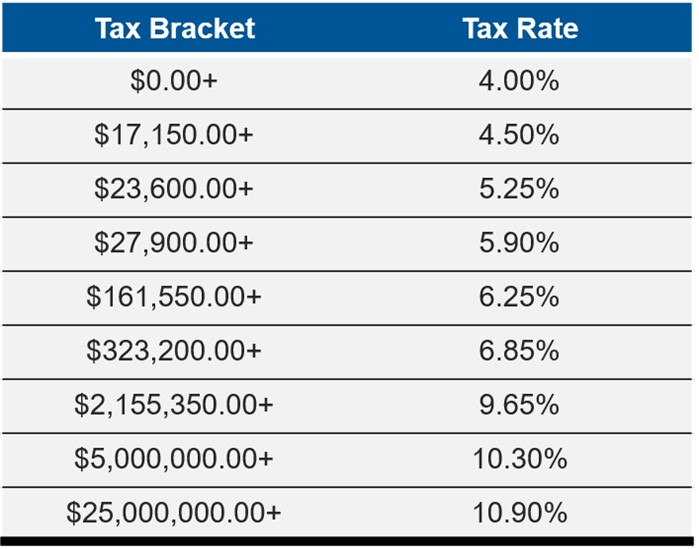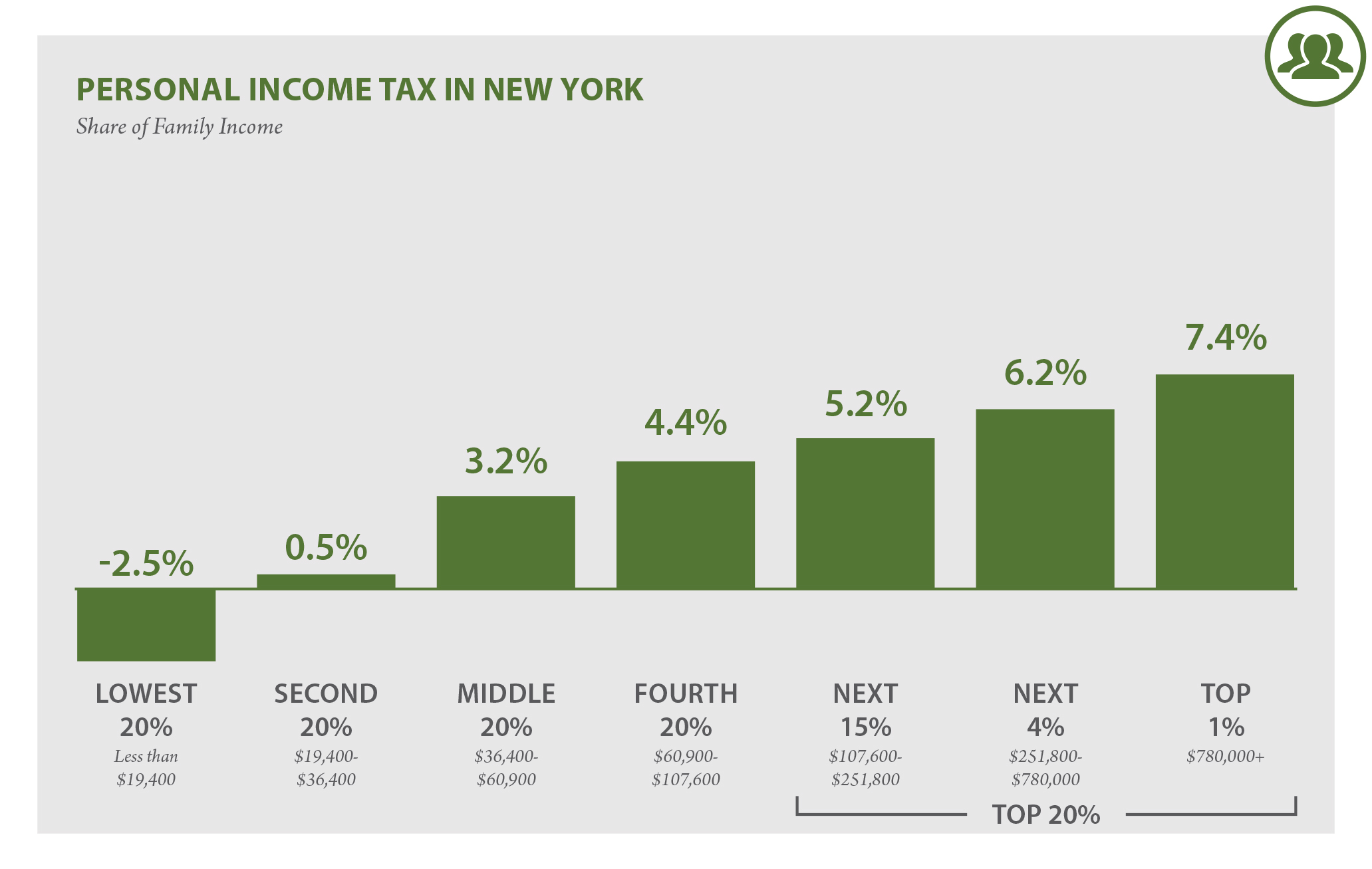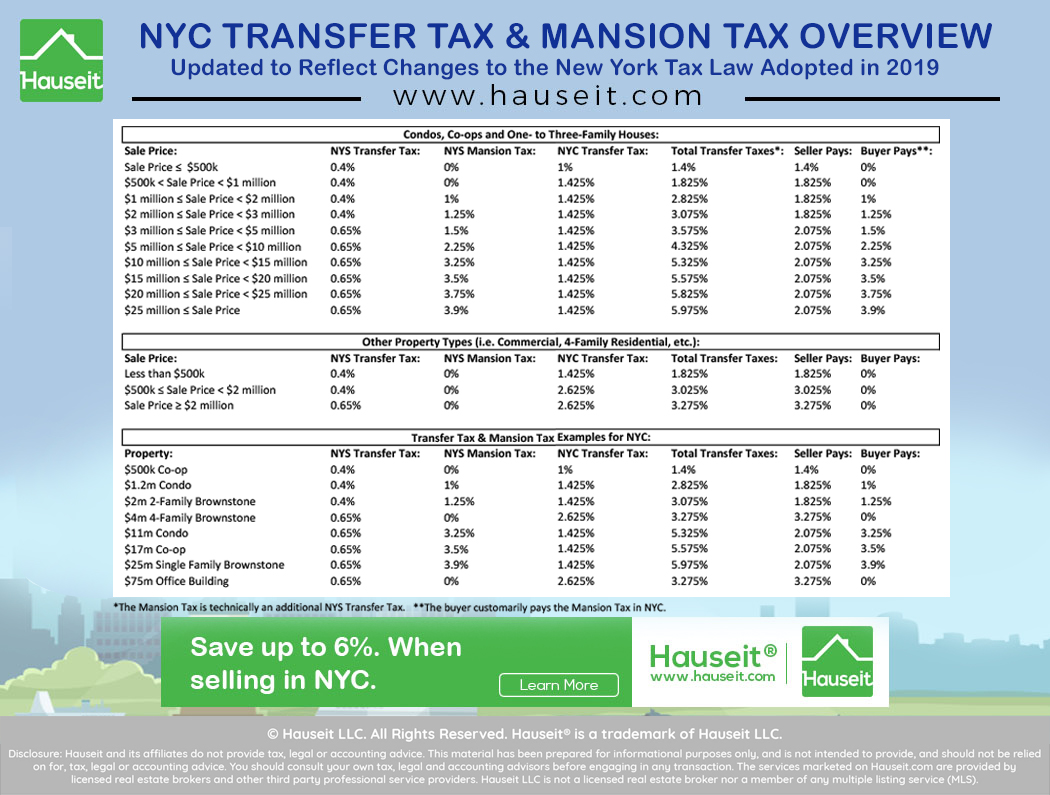New York Taxes: Filing, Refunds, & Credits - Your Guide
Are you meticulously examining your pay stubs, eyeing those deductions with a mixture of hope and bewilderment? Navigating the intricate world of New York State, New York City, and Yonkers income taxes can be daunting, but understanding your rights to claim a refund is essential for financial wellness.
The landscape of New York taxation is complex, a mosaic of state, city, and sometimes even local levies that demand careful consideration. If you're a resident of New York City or Yonkers, and if you're obligated to file a New York State income tax return, understanding the nuances is critical. This is especially true if you believe you've overpaid, and are owed a refund, whether it stems from state, city, or Yonkers income taxes that were withheld from your paycheck.
Beyond the basic claim for overpaid income taxes, the realm of tax refunds extends to cover various other situations, including refundable credits and the carryover of certain tax attributes. New York City, encompassing the boroughs of The Bronx, Brooklyn, Manhattan, Queens, and Staten Island, requires careful attention to details, as does the tax regime of Yonkers.
Consider these facts: a legitimate, official New York State government organization has a ny.gov website. Also, New York State offers a tax credit for rehabilitating barns and other properties. In addition to understanding how to file, you'll discover a wealth of resources at an income tax filing resource center. Navigating the rules around New York City and Yonkers taxes can be complex, but there are resources. There are also services for filing and paying other taxes.
Taxpayers also have to deal with the Metropolitan Commuter Transportation Mobility Tax. Information on tax rates and tax tables is essential for those who need them for the state, city, and Yonkers, and the mobility tax, by year. The basic rule is that you must file a New York State resident income tax return if you are a New York State resident and meet any of the following conditions:
You have to file a federal return. The information on rent collections is changing, effective March 1, 2025. More information is available in sales and use tax. You can also learn how to pay your taxes online or by other means, request an installment agreement, respond to a notice or bill, and resolve your debt. Other resources help to find interest rates, penalty and interest calculators, and due dates calendar. And it is good to know that improved withholding tax and wage reporting applications are live.
You can also take advantage of a free tool to calculate your New York income, sales, fuel, and property taxes. Another resource will help you learn about state and local tax rates, brackets, deductions, and exemptions for 2023. You can learn about New York State taxation of income based on residency, filing status, and income level. The nine tax rates, from 4% to 10.9%, and the tax brackets for 2024, which are reported in 2025, are available. Additionally, you can find information and services related to taxes in New York, such as filing, refunds, relief, and credits. You can also learn how to apply for various tax programs and permits for businesses and individuals.
The top income tax rate in New York is among the highest in the nation. The state also has some of the highest sales and property tax rates in the country, though rates vary depending on where you live within the state. The nine tax brackets in New York range from 4 percent to 10.9 percent. When you submit your tax return, it will go through several steps of processing. You must have filed a return for 2023.
When handling your New York income tax alongside your federal income tax burden, you must account for state income tax if you choose to live in New York. The state tax system for individuals is graded, with rates ranging from four percent to 10.9 percent across a total of nine income brackets. There are rules to follow that determine residency in New York. If your domicile is New York but you meet all three of the conditions in either group A or group B, you are not a New York State resident.
These conditions are, you did not maintain any permanent place of abode in New York State during the tax year; you maintained a permanent place of abode outside New York State during the entire tax year. Also, the conditions are your NYS adjusted gross income is $107,650 or less (line 33), your NYS taxable income is less than $65,000 (line 38), and your NYS taxable income is $65,000 or more (line 38).
The New York City income tax rates are 3.078%, 3.762%, 3.819%, and 3.876%, depending on which income bracket you are in. Where you fall within these brackets depends on your filing status and how much you earn annually. In addition to the NYC income tax, you'll also need to pay New York State taxes, which range from 4% to 10.9%. Also, the 2024 New York State tax table is available. If you fail to follow these instructions, you may have to pay interest and penalty if the income tax you report on your
New York's corporate franchise tax reform, which passed in 2014 and became effective Jan. 1, 2015, was groundbreaking in numerous ways. The administrative code of New York City was subsequently amended to adopt many, but not all, of the same revisions for city corporate tax purposes. Information on this page relates to a tax year that began on or after January 1, 2024, and before January 1, 2025. If your business is incorporated in New York State or does business or participates in certain other activities in New York State, you may have to file an annual New York State corporation tax return to pay a franchise tax under the New York State Tax Law.
It is essential to understand who must withhold personal income tax, who you must withhold tax for, and the amount to deduct and withhold. In New York, the median property tax rate is 1.54%, and the average property tax bill is $3,359, making it one of the most expensive in the U.S. The New York State Tax Calculator is updated for the 2025/26 tax year, and it also calculates federal taxes (where applicable), Medicare, pension plans (FICA, etc.) and allows for single, joint, and head of household filing in NYS.
For information regarding the tax treatment of an LLC or LLP for purposes of the New York City taxes, visit the New York City Department of Finance business webpage. An LLC treated as a sole proprietorship must report its business income and expenses on the member's New York State personal income tax returns. The New York income tax has nine tax brackets, with a maximum marginal income tax of 10.900% as of 2025. Detailed New York State income tax rates and brackets are available on this page.


